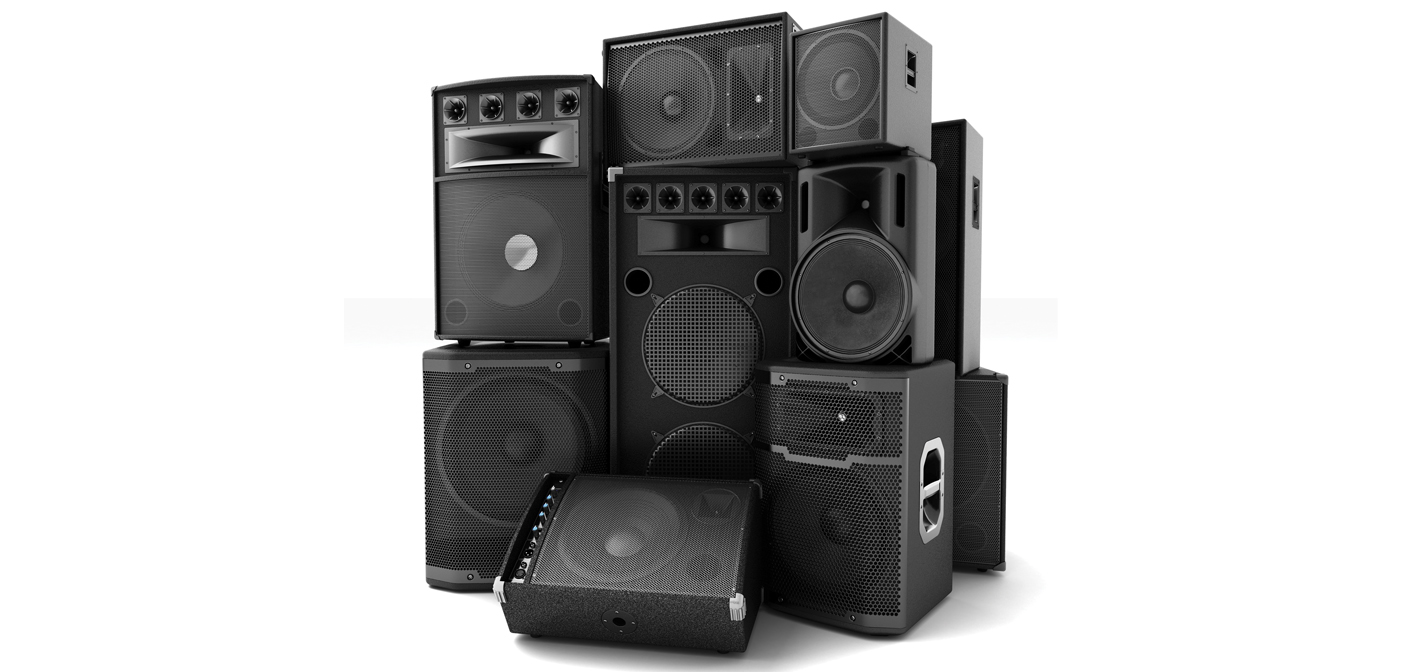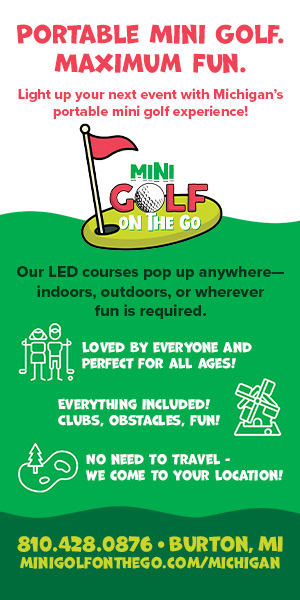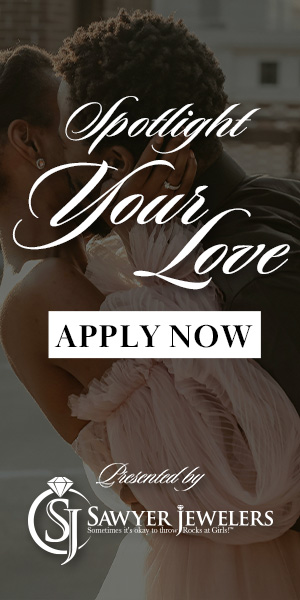I vividly remember eagerly hooking up the stereo system my dad handed down to me when I was in high school. It was a huge receiver with quadrophonic sound and four massive speakers all hooked up in my 10’ x 12’ bedroom. I excitedly inserted a cassette tape and cued up the beginning of my favorite song of the moment. Joe Elliott told me that it’s better to burn out than to fade away, and then the rock and roll of Def Leppard began. The music was literally deafening.
Windows rattled. Stuff vibrated off a shelf. I didn’t even hear the door open behind me as my mom rushed in and smacked me on the back of my head – “Turn it down!”
My ears rang for hours afterwards. It was then that I learned what tinnitus was: the perception of noise or ringing (buzzing, hissing, roaring) in the ears that is produced from within one’s head and not an actual sound that others can hear.
Luckily for me, it eventually passed; but others aren’t so fortunate. Noise-induced hearing loss has many causes. Enjoying great seats at an AC/DC concert can do it quickly, but factory-line work can do it over time.
The sound wave that vibrates the eardrum is conducted by three tiny hearing bones in the middle ear, down to the cochlea in the inner ear (the thing that looks like a snail in the picture). There, it moves the tiny auditory hair cells, creating the nerve signal that is sent to the brain. In that whole chain of events, the weakest link is the hair cells – they have a limited lifespan and are somewhat fickle. We have whatever number of the hair cells we are born with, and once some of them die over time, they don’t regenerate. I tell my patients that the person who figures out how to regenerate those hair cells has a Nobel prize waiting for them. (I tried as a medical student researcher, but got nowhere.)
Until that discovery is made, we are left with improving quality of hearing with more conventional methods. We can amplify the sound going in (hearing aids), or bypass the cochlea completely (cochlear implant). The latter is a “last resort” option for people who don’t benefit from a hearing aid.
While I can tell you about how we can improve hearing loss, as with many things in medicine, it is MUCH better to prevent hearing loss than treat it. In hindsight, I should have taken earplugs with me to the AC/DC concert. Simply dampening the sound wave that enters the inner ear can protect those fragile hair cells. The less they get “bent over” by the powerful sound wave, the less they are damaged. OSHA (Occupational Safety and Health Administration) has made recommendations about how loud is too loud. As a rule of thumb, we should not be exposed to 85dB sound (think food blender) for more than eight hours, 94dB (think hair dryer) for more than one hour, or 115dB (think jackhammer) ever, without protection.
So, even if you already have some hearing loss, it’s worth protecting what you have left!
Ways to Prevent Hearing Loss
While it’s often part of getting older, hearing loss due to exposure to loud noises can be avoided. There are simple things you can do to help stop noise from permanently damaging your hearing, no matter your age.
1. Avoid loud noise as much as you can. Generally, a noise is probably loud enough to damage your hearing if:
- you have to raise your voice to talk to other people,
- you can’t hear what people nearby are saying,
- it hurts your ears, or
- you have ringing in your ears or muffled hearing afterwards.
Sound levels are measured in decibels (dB): the higher the number, the louder the noise. Any sound over 85dB can be harmful, especially with lengthy exposure.
To get an idea of how loud this is:
- whispering – 30dB
- conversation – 60dB
- busy traffic – 70 to 85dB
- motorbike – 90dB
- listening to music on full volume through headphones – 100-110dB
- airplane taking off – 120dB
2. Take care when listening to music – high volume with headphones is one of the biggest dangers to your hearing. Don’t use earbuds or headphones for more than an hour at a time – take a break for at least five minutes every hour.
3. Protect your hearing during loud events and activities. Consider wearing earplugs that reduce the volume of music, but don’t muffle it.
4. Take precautions at work – your employer is obliged to reduce your exposure to loud noise. Make sure you wear any hearing protection you’re given.
5. Get your hearing tested as soon as possible if you’re worried you might be losing your hearing. The earlier this is discovered, the earlier something can be done about it.
Consider having regular hearing checks (annually, perhaps) if you’re at a higher risk of noise-induced hearing loss – for example, if you’re a musician or work in a noisy environment.
Source: nhs.uk







































